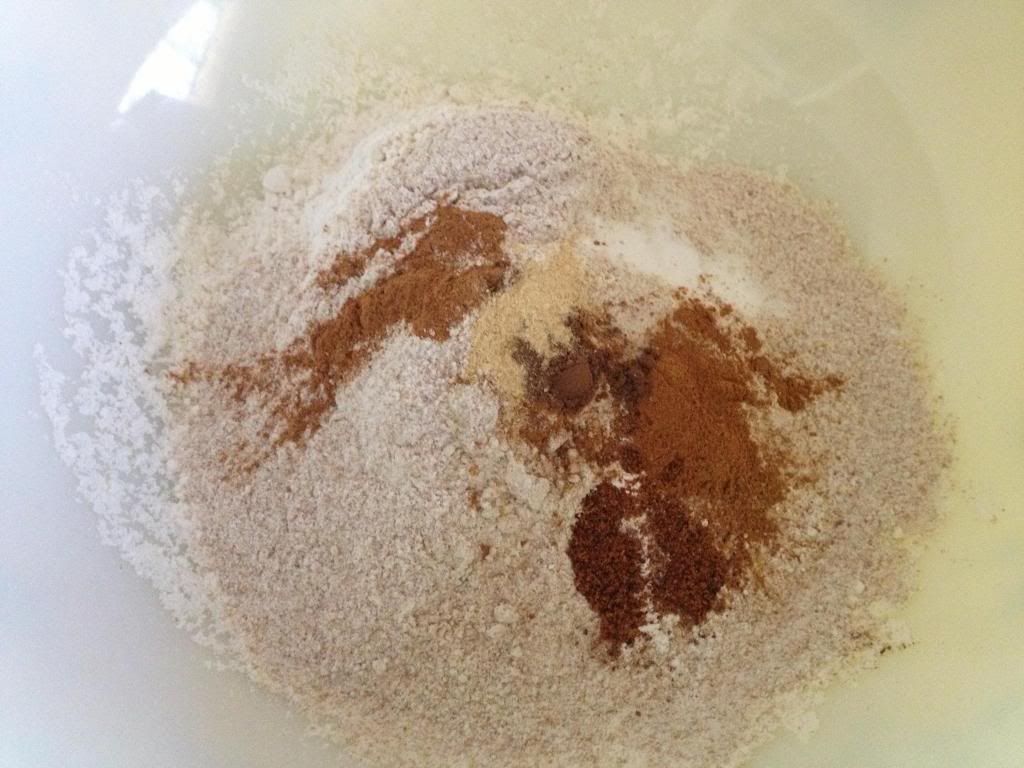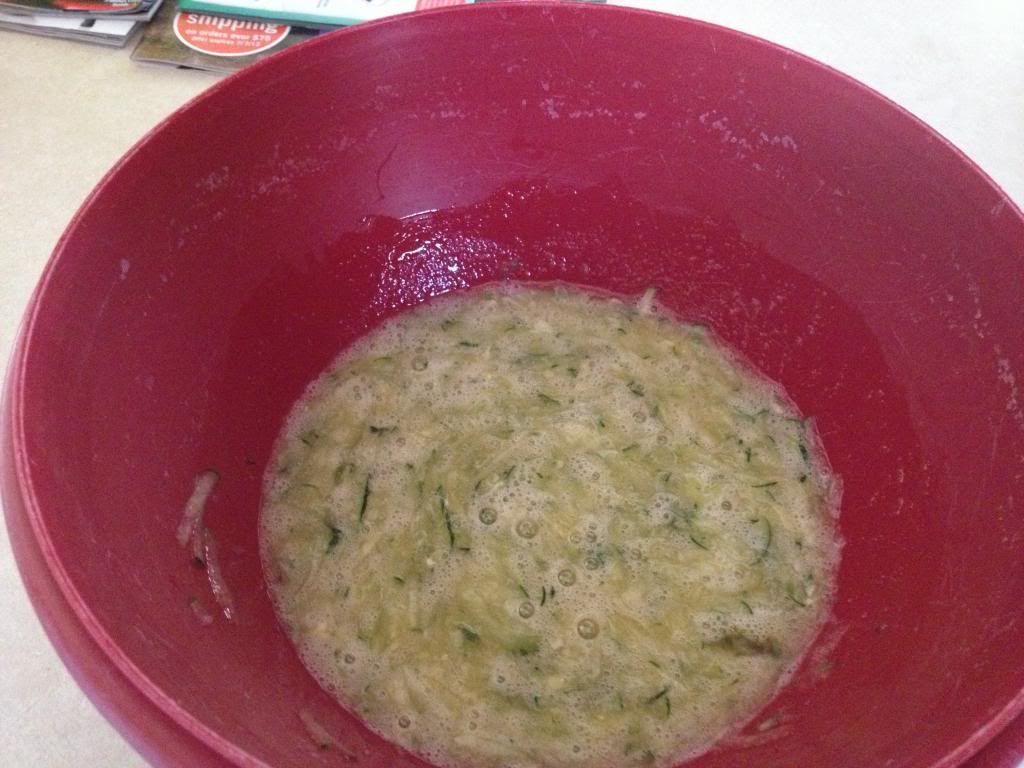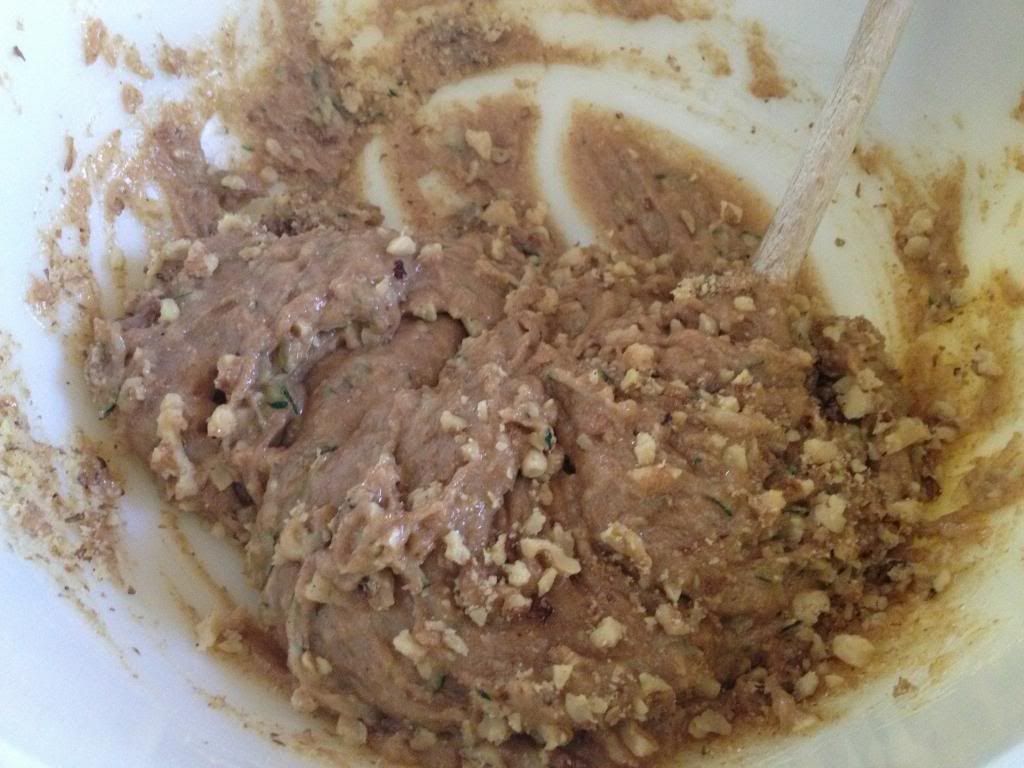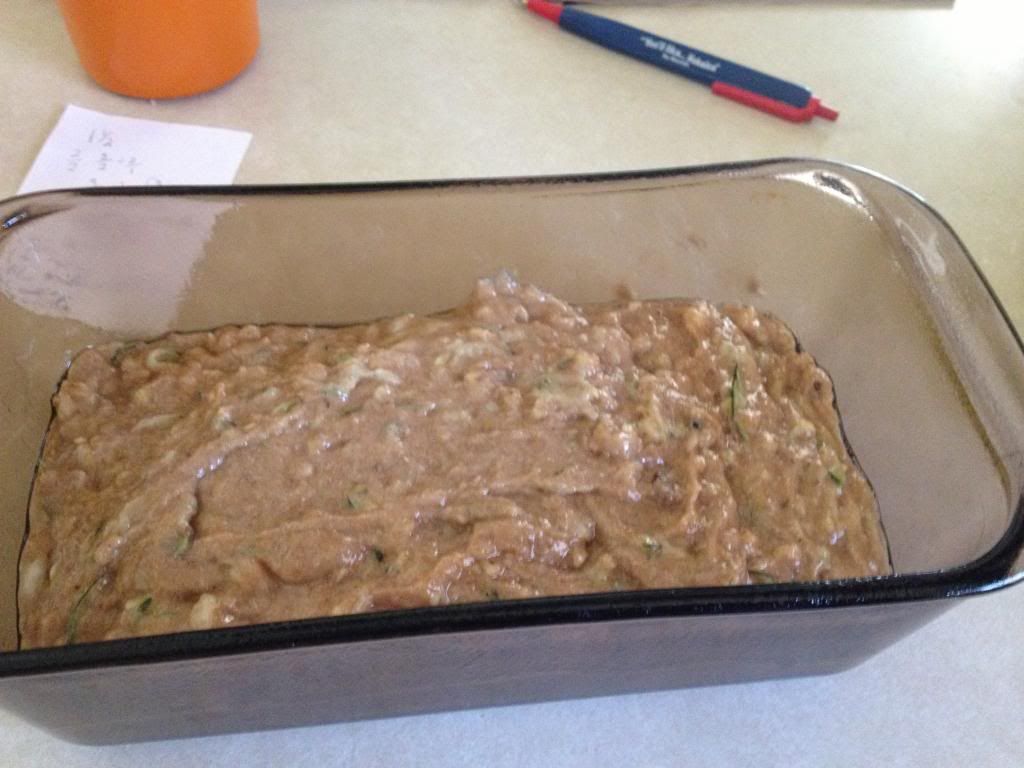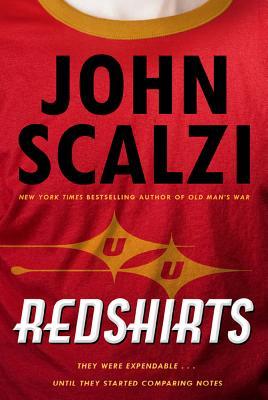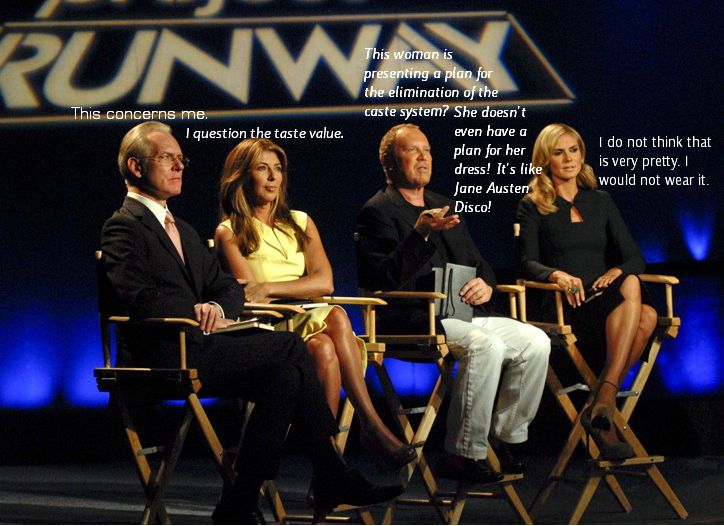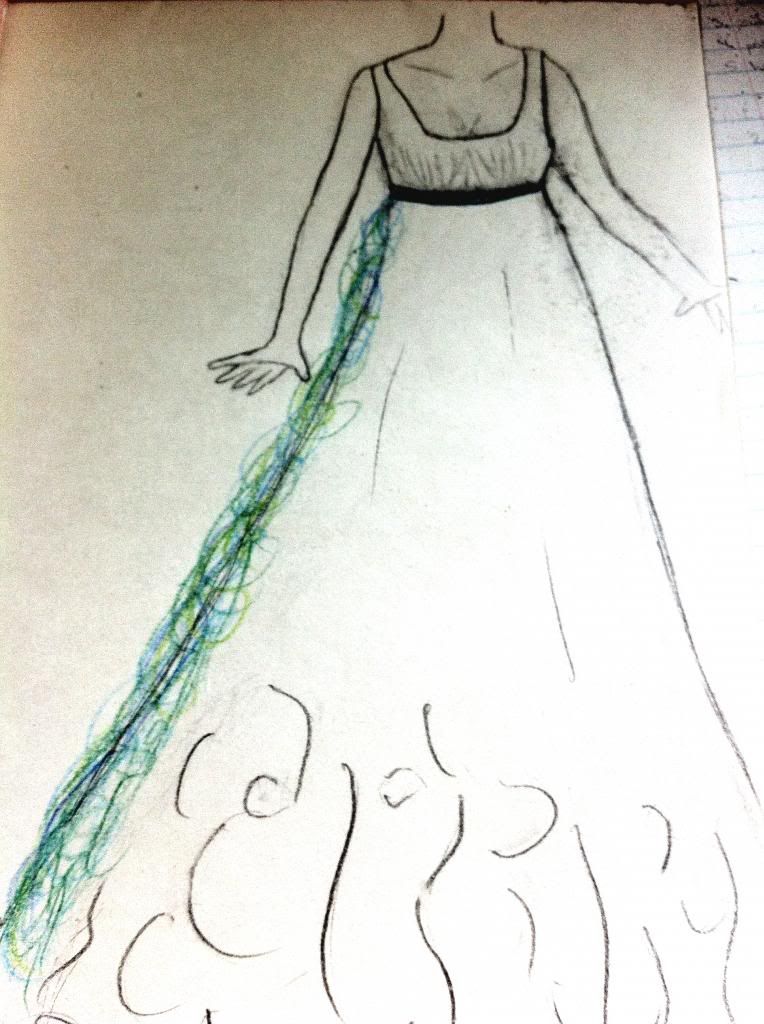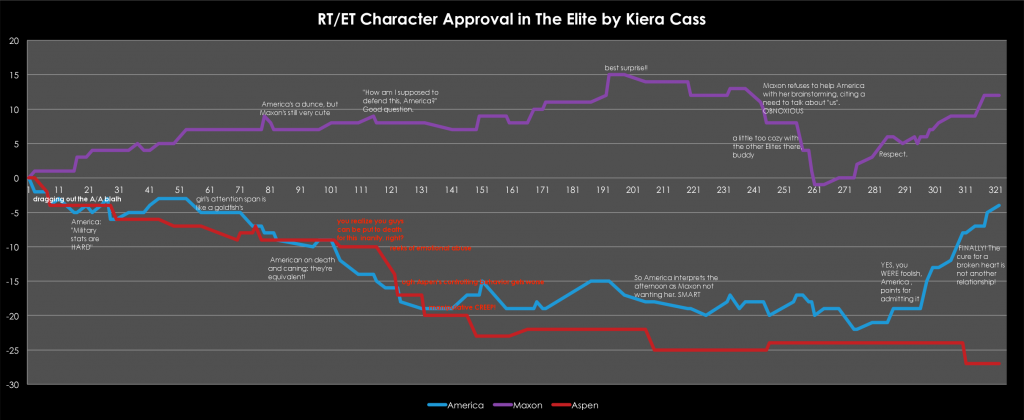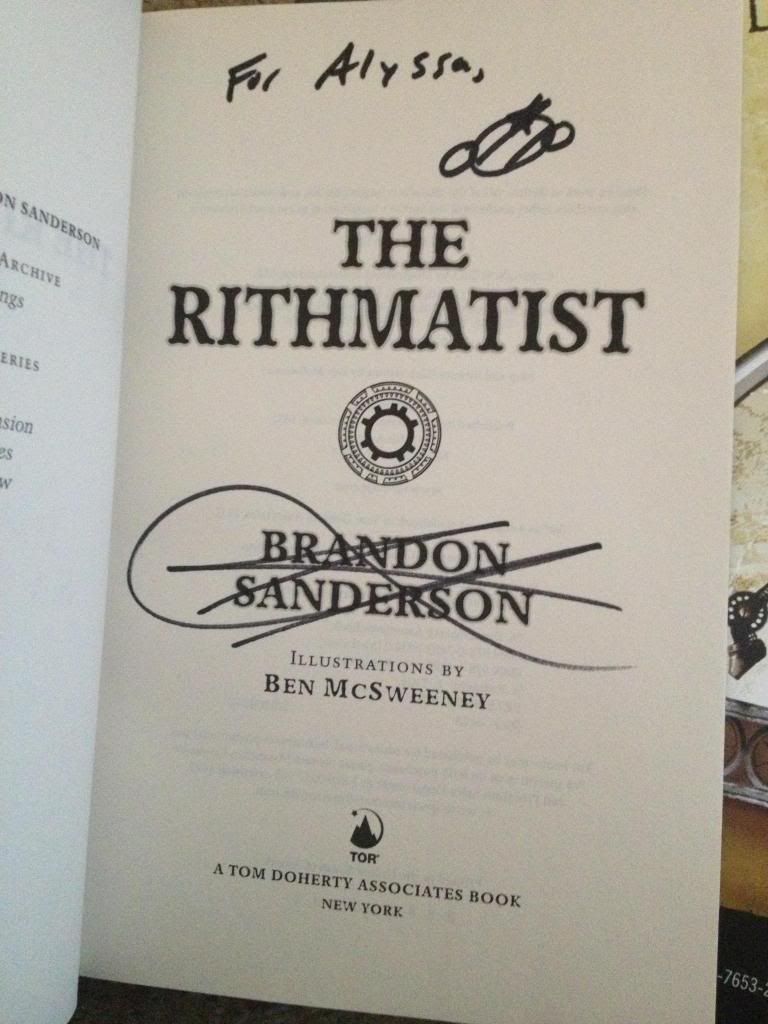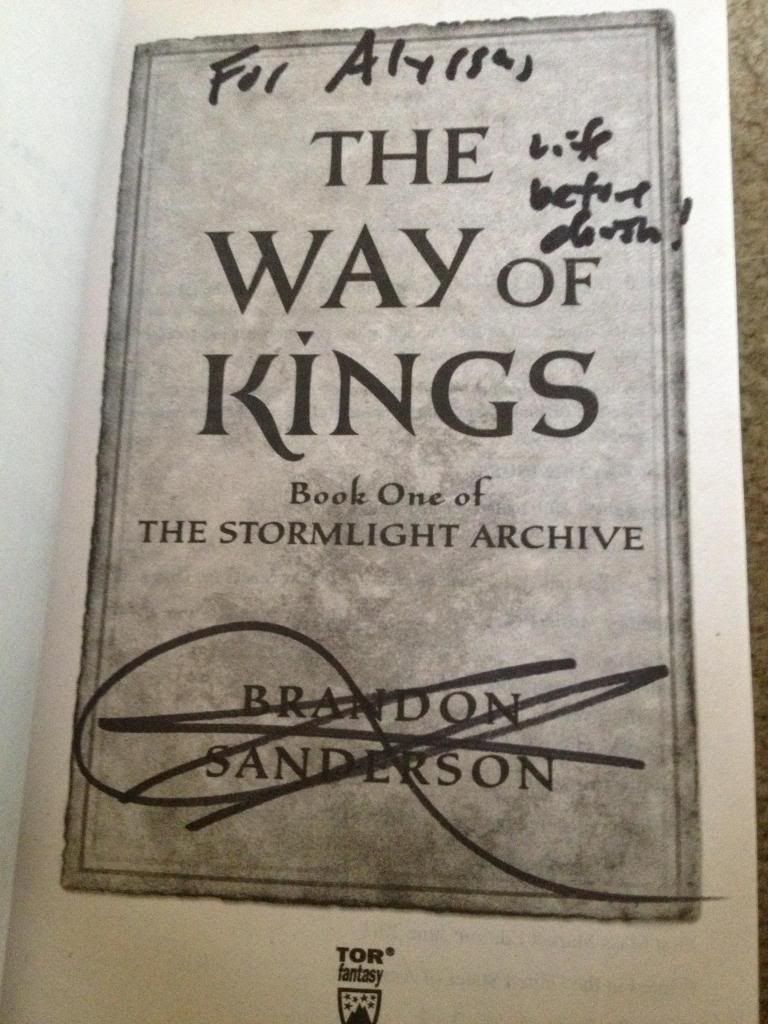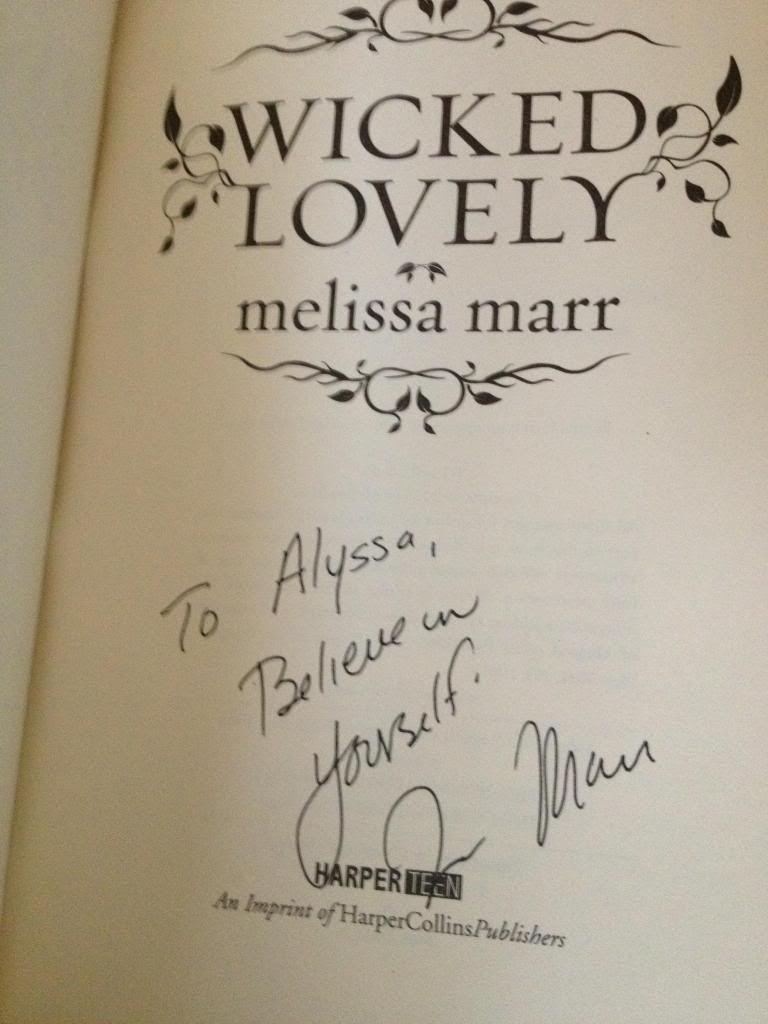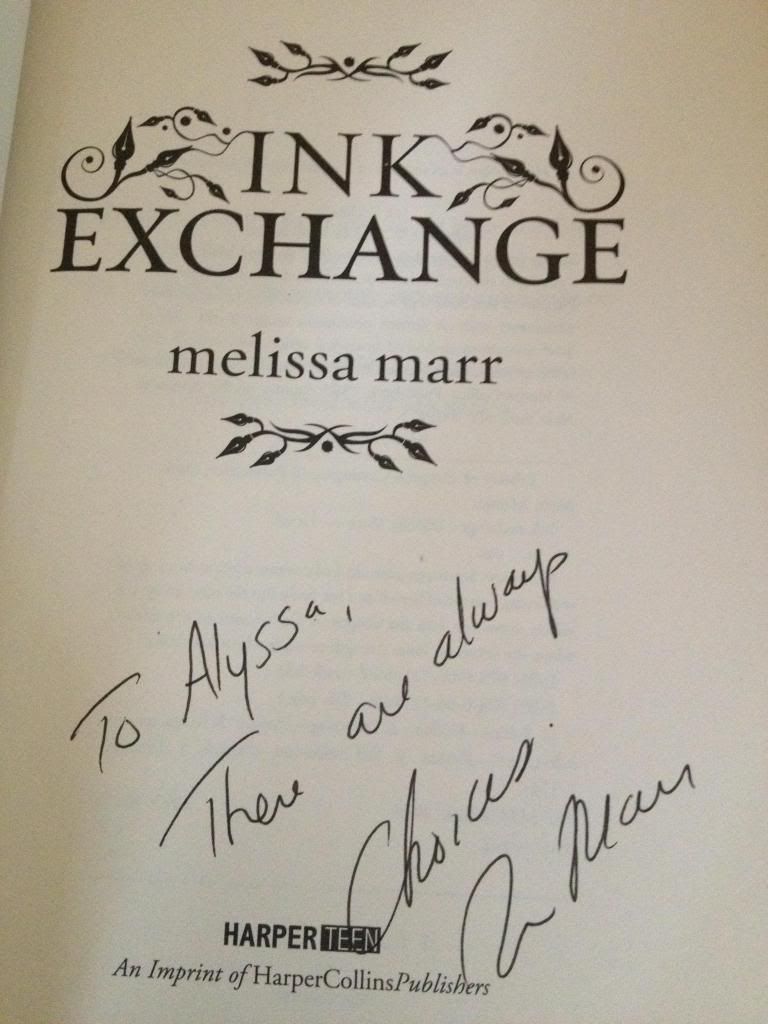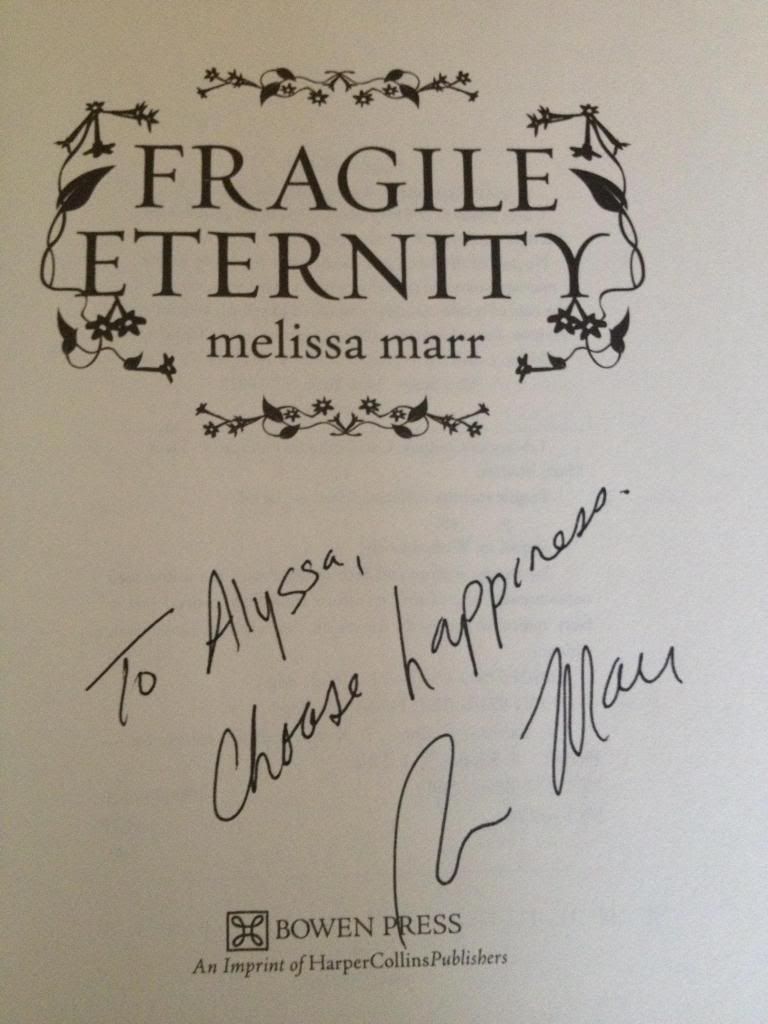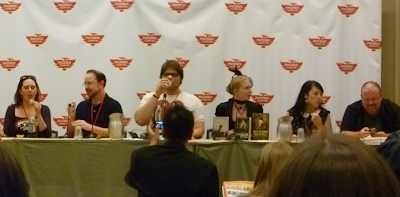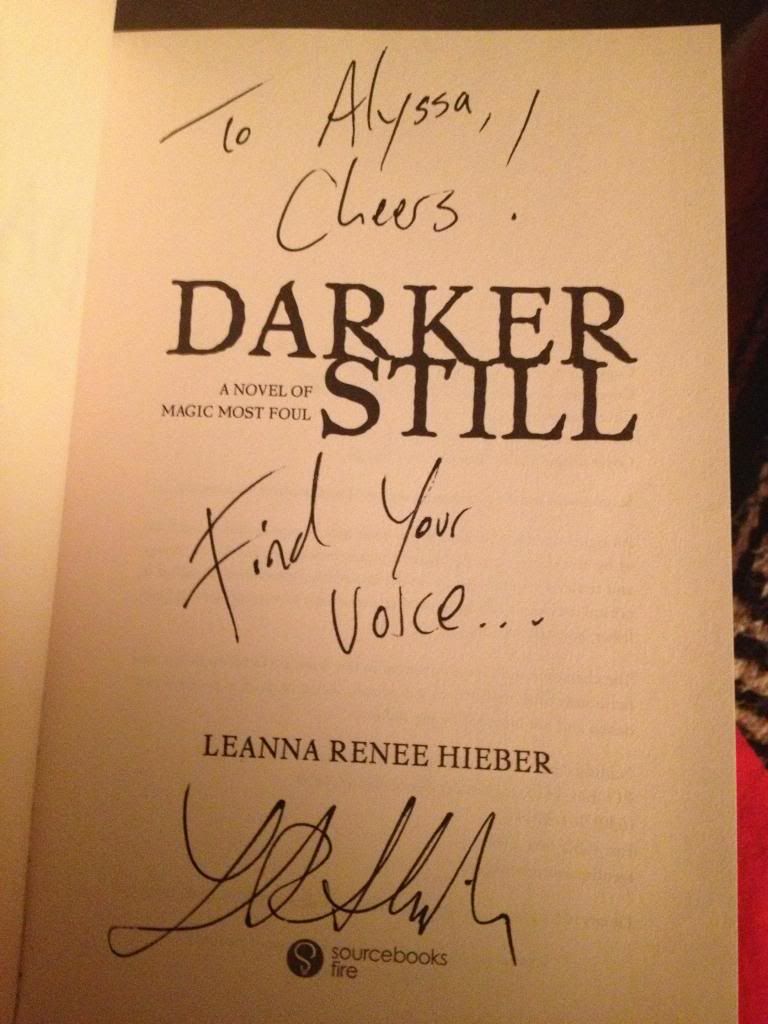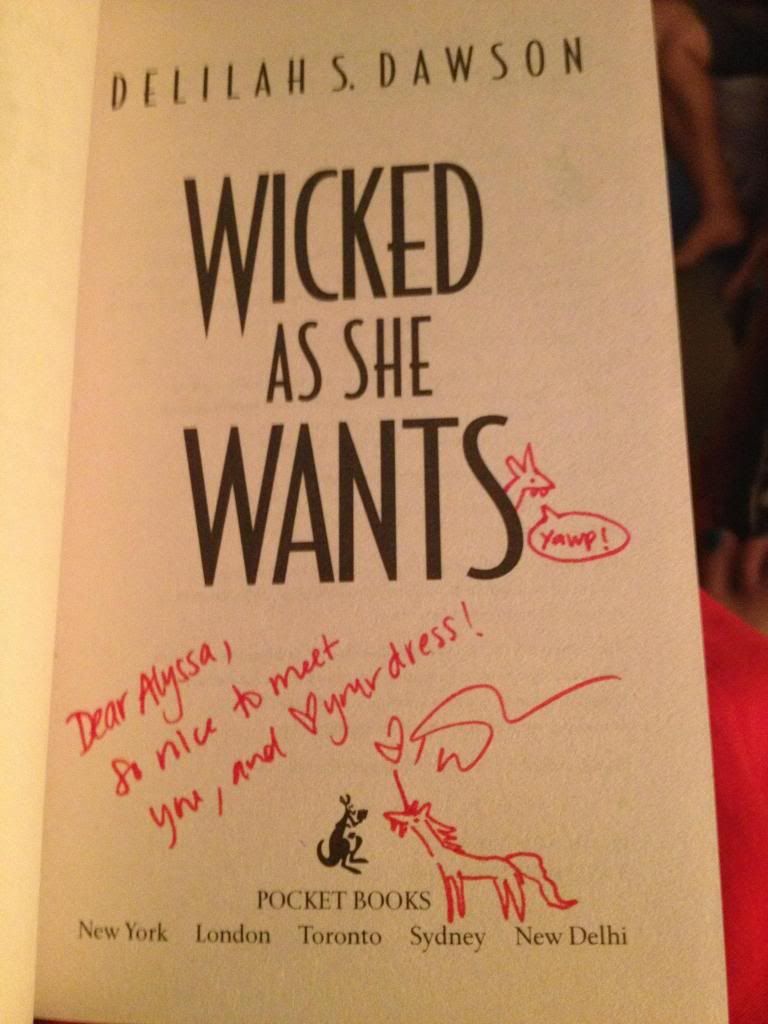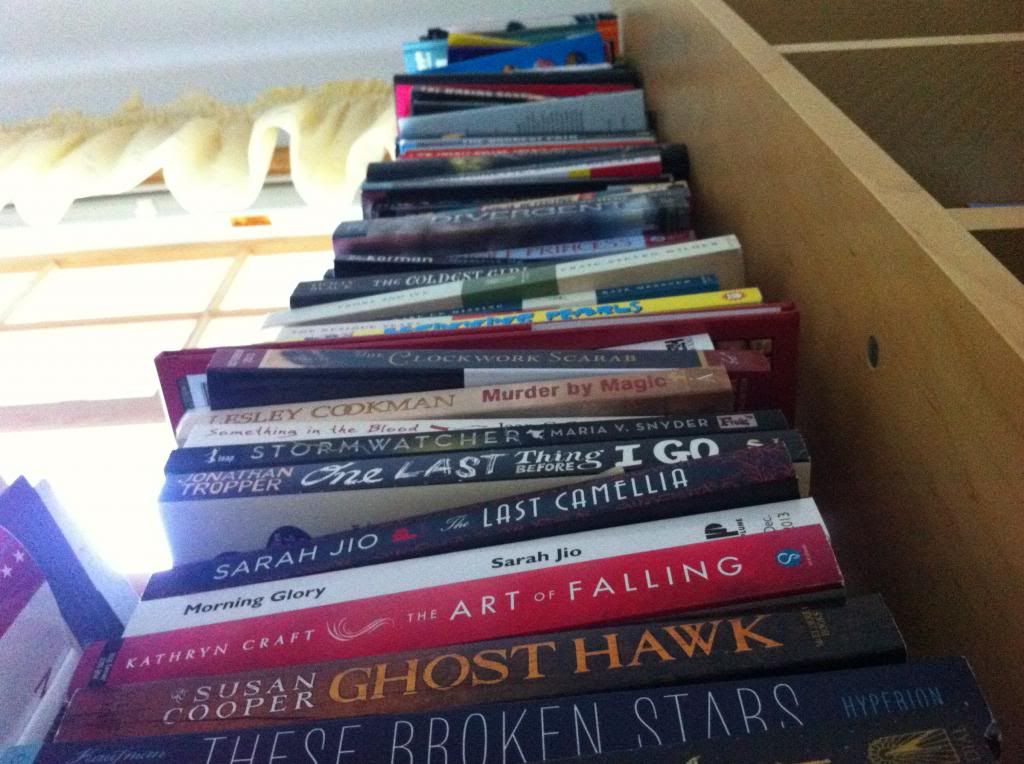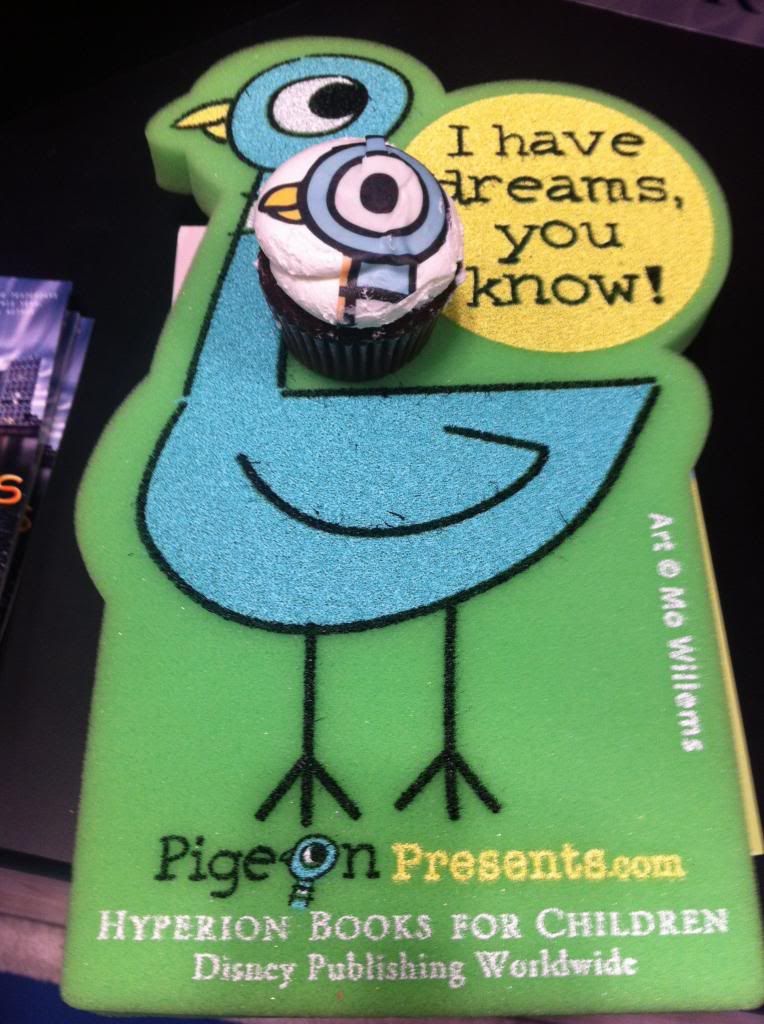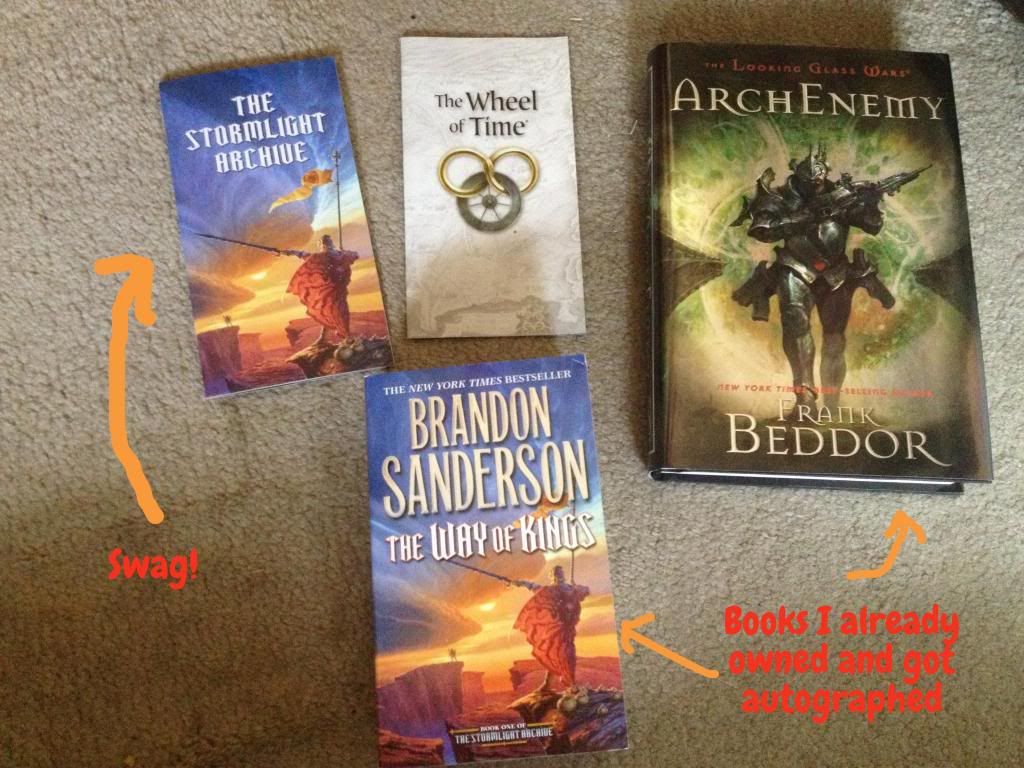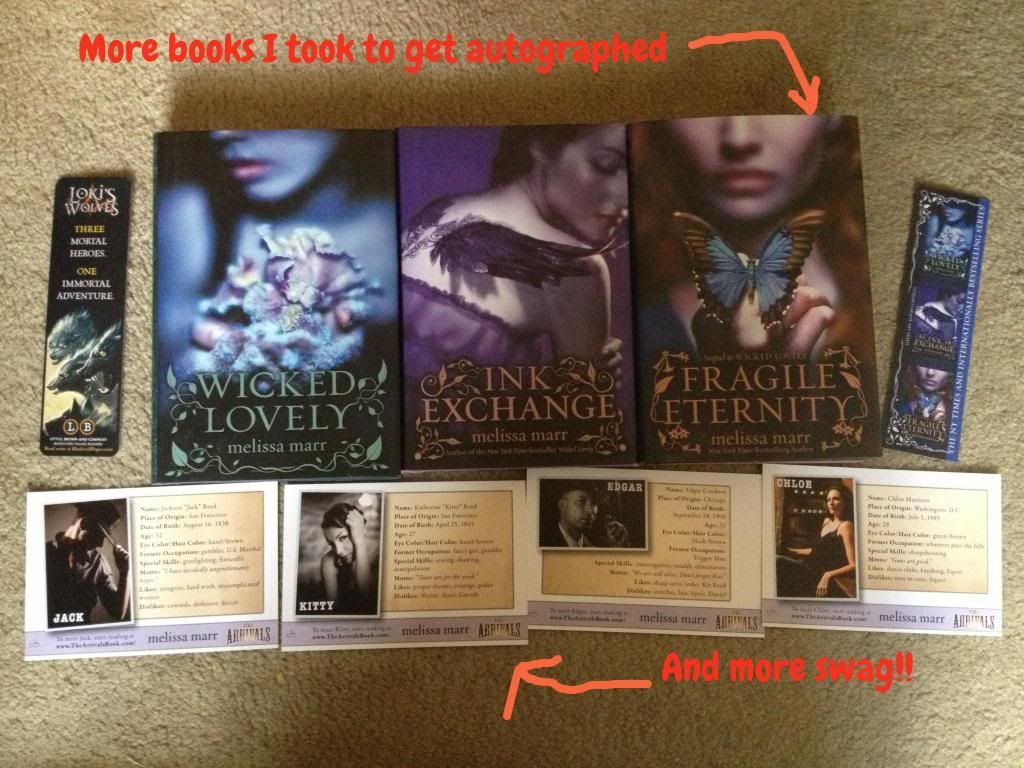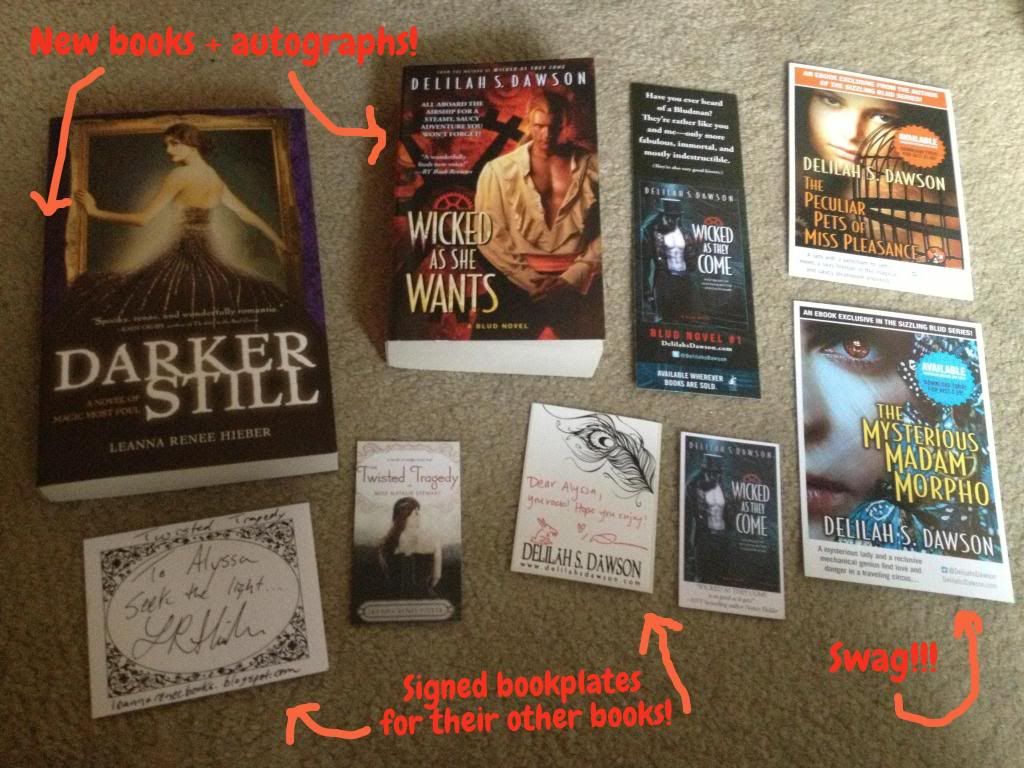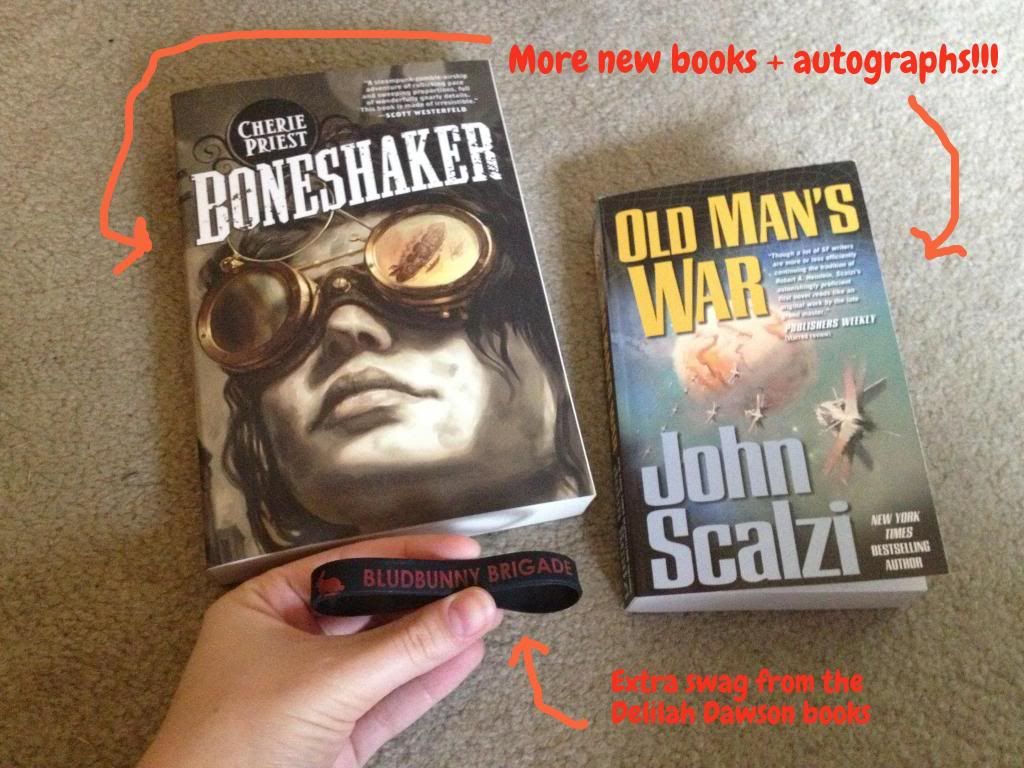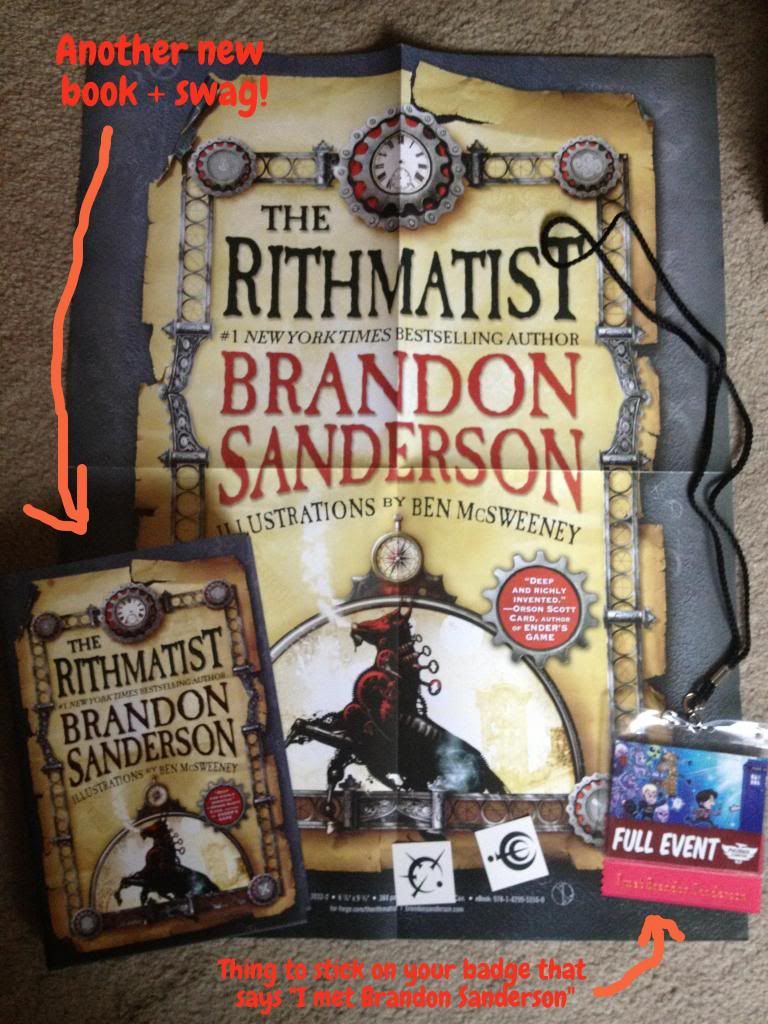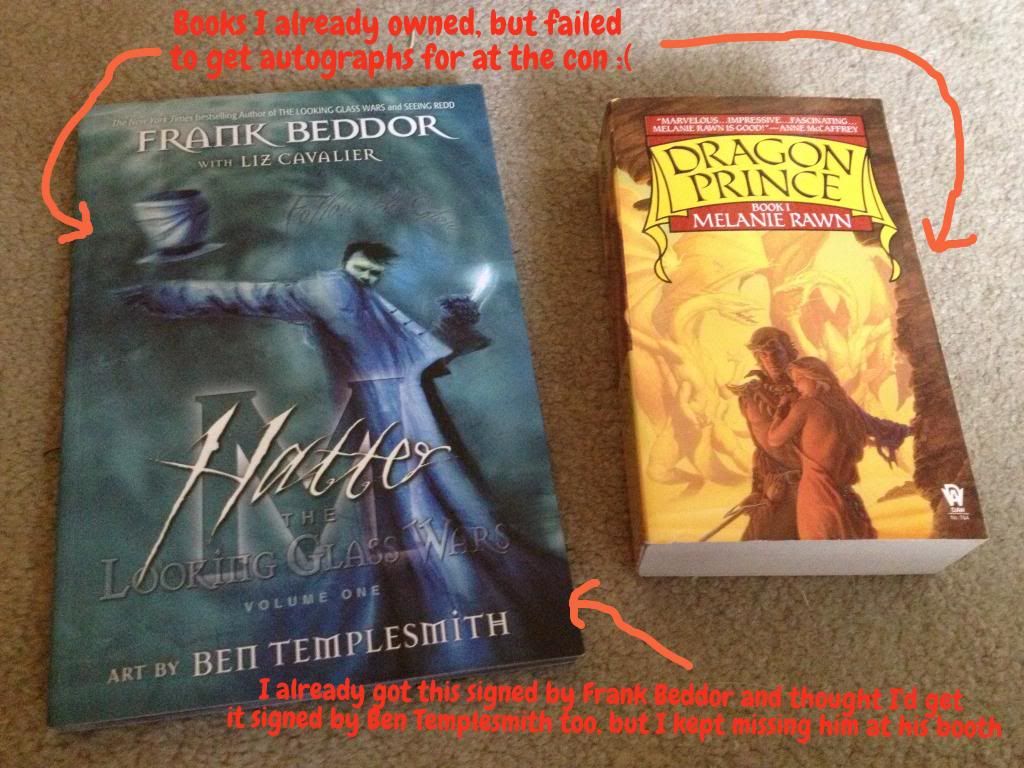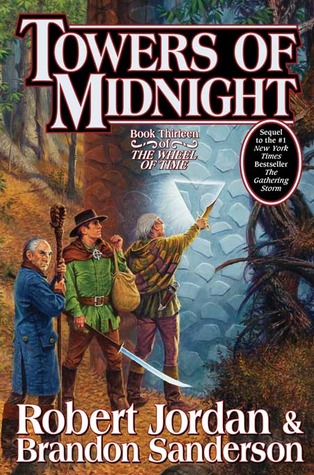Girls in Capes is celebrating Father's Day in the best way possible--pointing out that there are no positive father relationships in geek culture, and that dads in YA only are deemed heroic when they've died young. Maybe this isn't the best way to
celebrate Father's Day after all...
But as sad as the negative images of fatherhood are, we decided not to dwell on them this weekend, and to instead find ten examples of YA-lit dads who have excellent relationships with their children.
To qualify for this list, children had to be teenage main characters, and the books had to be on Susan's shelf this weekend. Dads we thought of who didn't meet these qualifications are welcome to apply again next year. (Specifically, fathers in The Fault in Our Stars, The Selection, and The Thirteenth Child.
6. Gen's Father, The Thief / Megan Whalen Turner (1996)

Gen, a young thief, has been telling his travel companions that his father has been disappointed with him for years for not becoming a soldier. Everyone thinks this means that Gen has disappointed his father, but they learn that Gen's father loves him regardless of his career choice.
I heard [the magus, Gen's travel leader] address someone as Minister and thought that probably meant minister of war. ... The magus described the fighting with the guard in detail and made me look very good indeed. The minister of war snorted. The magus didn't recognize this as high praise, and he said stiffly, "I've been told that his father wanted him to be a soldier. I'd be happy to inform his father that he has a son to be proud of." I stifled a snort of my own in the silence that followed. The magus must have been tired. ... He was talking to my father. ... While the magus, realizing his error, was trying to word an apology, my father came to look in at me. "I thought I heard you laughing up your sleeve," he said. ... "I'll come by later." Before he disappeared from the doorway, he nodded once, and that, I knew, would be his only sign of approval for all my hard work. He was not a man of many words.
In the world of Megan Whalen Turner no character speaks much. Hence scenes that would seem kind of cold in other books are the ones in MWT that are SQUEE moments. This scene is one of them (though perhaps a lowercase squee). Not only is Gen's father snorting and nodding in approval; he's also the model for Gen's own behavior. Gen's snort mirrors his father's but with a slightly different meaning, just as Gen's fighting skills are like his father's but used in slightly different circumstances. In the sequel to
The Thief Gen relies on his father more than ever, and they become a pair in battle. (SQUEE)

In this novel, set to be released in September, high school senior Cherry Kerrigan lives in a trailer with her father and brother. Cherry has no plans for her life other than to marry her boyfriend, who lives next door and is planning on following his father into being a school janitor. Cherry's pop responds to these plans with a firm, "Nope." He encourages his daughter to work hard, sets firm limits about her behavior (it's refreshing to see a parent dole out a grounding, as well as a daughter who weighs whether being grounded is worth staying out past curfew), and hopes she will have more choices in her life than he has had in his.
But what really got him his spot on this list was his ability to see past blame in the midst of a family tragedy:
[Cherry said,] "I shouldn't have left Stew alone." Pop took another draw from his tall boy. "Yep. Wish you hadn't done that." He squeezed her tighter. "Accidents happen. I'm just glad we're safe. And together."
They were silent awhile, watching the blues deepen to oranges and reds in the sky.
"You don't hate me?"
He kissed her forehead. "I could never."

Christopher is a fifteen-year-old mathematician with behavioral problems and sensory differences. Because of Christopher's special needs, his parents marriage became strained, and a few years later Ed can tell his ex-wife:
I cooked his meals. I cleaned his clothes. I looked after him every weekend. I looked after him when he was ill. I took him to the doctor. I worried myself sick every time he wandered off somewhere at night. I went to school every time he got into a fight. And you? What? You wrote him some fucking letters.
To be fair, this is what we would expect any normal dad to do. It's touching to see the little things too, like Ed's fighting the school to make sure Christopher can take his maths A-levels, or his hand-touching compromise on hugs. Ed's not perfect though—frustrated one day he grabs Christopher, and another day he tells a massive lie. What makes Ed exceptional is that after he loses Christopher's trust, he is completely honest with his son, and he starts to work on their relationship with sensitivity and this speech:
Christopher, look...Things can't go on like this. I don't know about you, but this...this just hurts too much. You being in the house but refusing to talk to me...You have to learn to trust me...And I don't care how long it takes...If it's a minute one day and two minutes the next and three minutes the next and it takes years I don'tcare. Because this is important. This is more important than anything else.
3. Wizard Derk, Dark Lord of Derkholm / Diana Wynne Jones (1998)

Derk is an unconventional wizard whose interests lie in magical genetic engineering. With his wife, he has two human and five griffin children. Seven children ensure that life at Derkholm is never quiet or without sibling bickering, but it also means that when Derk must take on the job of Dark Lord for the tours that fuel the economy in his land, there are seven additional helpers eager to make their father's life easier.
Derk's fatherhood is one of the central themes of the book—what dangers he lets his children undertake, what roles he lets them play in making the most of their natural talents, and what sacrifices he's willing to put up with just to keep them safe are considerations that play out over the course of the story. But our favorite aspect of Derk's fathering is that he seems to have very natural relationships with his kids even as they try teenage rebellions. Here he is with his oldest griffin son, Kit, after Kit has failed to carry out an assassination:
[Kit said,] "It was a pity. I could have killed him in seconds, even with that demon in his pocket, but he would have been just like food. He wouldn't have felt guilty, and neither would I.""I'm glad to hear you think you ought to have felt guilty," Derk observed. "I was beginning to wonder whether we'd brought you up properly."
...Derk was thinking things through, fumbling for an explanation. Something had been biting Kit for months. Long before there was any question of Derk's becoming the Dark Lord, Kit had been in a foul, tetchy, snarling mood—bloodthirsty, as he called it himself—and Derk had put it down simply to the fact that Kit was now fifteen. But suppose it was more than that. Suppose Kit had a reason to be unhappy.
..."Kit, come clean. You're another like Blade, aren't you? How long have you known you could do magic?"
Derk does what the best fathers do—gives his growing children space, listens closely to what they're saying and not saying, and then helps them find solutions to their problems.

Nancy Drew, sixteen-year-old super sleuth, needs no introductions, and it doesn't take long to see that she has a great father. This is actually an understatement because Carson Drew appears on the first page of the first Nancy book, The Secret of the Old Clock, and his positive relationship with his daughter is instantly apparent. Carson Drew stops reading his newspaper and gives Nancy "his respectful attention" so she can tell him about inheritance rumors. A few pages later we see that this type of conversation is common in the Drew household:
Carson Drew, a widower, showered a great deal of affection upon his daughter; it was his secret boast that he had taught her to think for herself and to think logically. Since he knew that Nancy could be trusted with confidential information, he frequently discussed his interesting cases with her.
Seriously, how cool is he?
1. Mr. Murry, A Wrinkle in Time / Madeleine L'Engle (1962)

When we meet thirteen-year-old Meg Murry, her father has been missing on physics research for a year, and everyone in town is convinced that he's abandoned his family. Meg embarks on an adventure across the universe to find her father and rescue him from the Black Thing.
Mr. Murry is an amazing father. In earlier years he would play number games with Meg, talk to her about her insecurities, reassure her that he loved her and that she was exceptional, and call her various nicknames, like "megaparsec." When Meg and her youngest brother find Mr. Murry imprisoned on a far-away planet, Mr. Murry jumps right back into parent-mode. First he carries Meg through a dark column (scarier than it seems from that description), and his presence calms Meg:
She tried to scream, but within that icy horror no sound was possible. Her father's arms tightened about her, and she clung to his neck in a strangle hold, but she was no longer lost in panic. She knew that if her father could not get her through the wall he would stay with her rather than leave her; she knew that she was safe as long as she was in his arms.
Isn't that what every child wants to feel in the presence of her (or his) father?
The best thing about Mr. Murry, though, is that within pages he turns out to be fallible. Despite Meg's mantra of "Father will make it all right," Mr. Murry has to leave his son in danger in order to save Meg. Mr. Murry isn't bad--he's managed to coach Meg through a horrible experience by tossing math problems her way--but he isn't a superhero like Meg had believed.
Meg's growing understanding of her father's imperfection allows her relationship with him to mature. Even though he has disappointed her, his words and assurances allow her to fight her final battle.
 Title: How to Lead a Life of Crime
Title: How to Lead a Life of Crime













